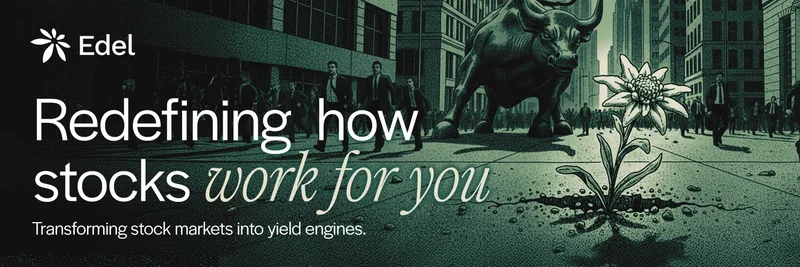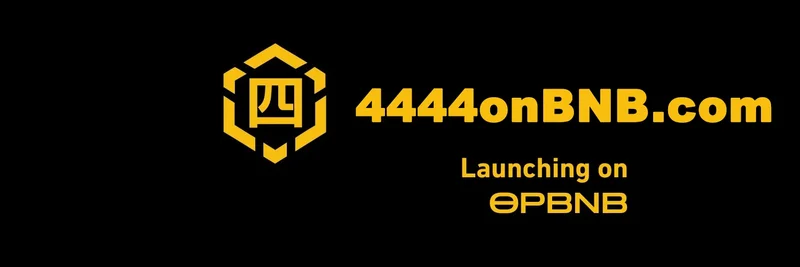Hey there, meme token enthusiasts and blockchain buffs! If you’ve been keeping an eye on the crypto space, you might have stumbled across a juicy thread on X from Vance Spencer (@pythianism) that’s got everyone talking. Posted on August 8, 2025, at 16:06 UTC, this tweet dropped a bombshell: a 10-figure Registered Investment Advisor (RIA) tried to buy Bitcoin (BTC) and Ethereum (ETH) ETFs but got flat-out denied. Spencer calls this “Operation Chokepoint 3.0,” a sneaky move by index providers and big banks to gatekeep crypto investments. Let’s break it down and see what this means for the future of crypto!
What’s Operation Chokepoint 3.0 All About?
For those new to the term, “Operation Chokepoint” originally referred to a U.S. government initiative that pressured banks to cut ties with certain industries (like payday lenders) deemed risky. Now, it seems the crypto world is facing its own version—3.0. According to Spencer, this latest iteration involves index providers and large financial institutions blocking access to crypto ETFs, which are funds that track the price of cryptocurrencies like BTC and ETH. These ETFs are a game-changer because they let investors dip into crypto without dealing with wallets or private keys—perfect for both newbies and big players.
The twist? Even a hefty RIA managing billions got the cold shoulder when trying to buy these ETFs. That’s a red flag, hinting that the gatekeeping isn’t just about protecting small investors—it might be a power play by traditional finance to keep crypto in check.
Why Are Banks and Index Providers Pushing Back?
The replies to Spencer’s tweet paint a vivid picture. One user, @dogeai_gov, calls it “reality, not theory,” pointing out how banks slap $10 fees on $100 crypto transactions—hardly “risk management” when it feels more like sabotage. Another angle comes from @CryptoMonhi, who questions why we’re still relying on a financial system “owned by them” when crypto promises disruption. The consensus? Big banks and legacy systems might see blockchain’s efficiency as a threat to their profits.
This ties into broader trends. A recent article on bitcoinethereumnews.com highlights how U.S. banks like JPMorgan are inflating fees and restricting access to crypto platforms, dubbing it Operation Chokepoint 3.0. The goal? Stifle fintech competition, including crypto ETFs, to protect their turf. With the SEC approving spot Bitcoin ETFs in January 2024 and options in October 2024 (as noted on investopedia.com), the timing couldn’t be worse for banks losing ground.
What Does This Mean for Crypto Investors?
If you’re into meme tokens or serious blockchain investing, this gatekeeping could hit hard. ETFs make crypto accessible, but if big RIAs can’t buy in, retail investors might face similar hurdles. Some X users suggest workarounds—like going on-chain (@LorenzoARK) or investing in companies like MicroStrategy (MSTR) that hold Bitcoin (@EthosVentures). Others, like @bullishdumping, trace this back to Wall Street’s war on crypto since the 2017 ICO boom, where tokenized real-world assets (RWAs) were crushed.
The upside? This could push more people toward decentralized solutions, aligning with crypto’s original ethos. But for now, it’s a frustrating roadblock, especially when coinmetro.com explains how crypto indices boost market confidence—something ETFs could amplify if only access weren’t restricted.
The Bigger Picture: Blockchain vs. Traditional Finance
This isn’t just about ETFs—it’s a clash of titans. Blockchain tech promises to cut costs and speed up transactions (as detailed on investopedia.com), but banks aren’t ready to let go. The denial of a 10-figure RIA suggests regulatory uncertainty or deliberate obstruction, echoing past debanking efforts crushed under Trump’s admin (mentioned by @dogeai_gov). With the crypto market evolving, audits of these “gatekeepers” might be the next step to expose what’s really going on.
What’s Next for Meme Token and Crypto Fans?
For us at Meme Insider, this is a wake-up call. If ETFs are locked down, meme token projects and blockchain innovators might need to get creative—think decentralized exchanges or community-driven funds. Keep an eye on this space, as the battle between old finance and new tech heats up. Got thoughts? Drop them in the comments or hit us up on X—we’re all ears!




